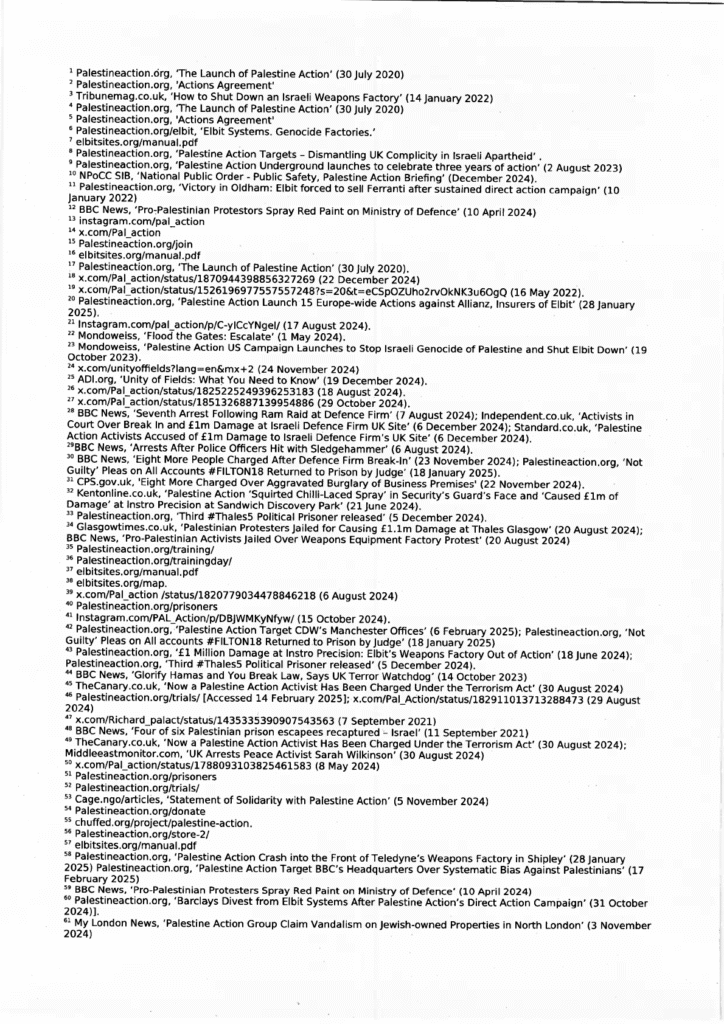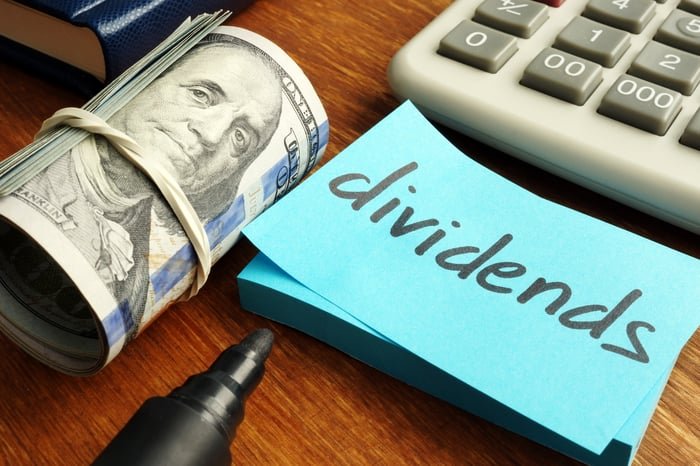Though publicly traded legal monopolies are somewhat of a rarity, the Oracle of Omaha oversees two in Berkshire Hathaway’s investment portfolio.
The sun is setting on one of Wall Street’s most illustrious investing careers. By the end of the year, Berkshire Hathaway (BRK.A 0.95%) (BRK.B 1.38%) CEO Warren Buffett will retire as his company’s day-to-day leader and hand the reins over to Greg Abel.
During the Oracle of Omaha’s 60 years at the helm, he’s overseen a jaw-dropping cumulative return of 6,061,316% for his company’s Class A shares (BRK.A), as of the closing bell on Sept. 5. On an annualized basis, Buffett nearly doubled up the total return, including dividends, of the benchmark S&P 500.
In addition to a phenomenal investing track record, Berkshire’s billionaire boss is known for his openness when it comes to discussing what makes the U.S. economy, stock market, and individual businesses great. It’s not uncommon for some investors to mirror his trading activity and ride his coattails, which can be done by tracking Berkshire Hathaway’s quarterly Form 13F and select Form 4 filings with the Securities and Exchange Commission.

Berkshire Hathaway CEO Warren Buffett. Image source: The Motley Fool.
Form 4 filings can be particularly useful, as they provide fresh information on what Berkshire’s boss has been up to. In instances where Berkshire Hathaway holds at least a 10% stake in a public company, it’s required to file Form 4 within two business days of a transaction. Form 4 shows precisely how many shares were purchased or sold, and at what average price these trades occurred.
Based on Form 4 filings during the third quarter, Warren Buffett has been something of a monopoly man. He’s continued to purchased shares of a historically cheap legal monopoly, but has also been a decisive seller of another monopoly that’s been a longtime holding in Berkshire’s portfolio.
Billionaire Warren Buffett can’t get enough of this stunningly inexpensive legal monopoly
Although the Oracle of Omaha’s long-term success is a reflection of his willingness to buy stakes in phenomenal businesses (or purchase companies outright), he hasn’t been much of a buyer of late. For 11 consecutive quarters, he’s been a net-seller of equities, to the tune of $177.4 billion, and has witnessed Berkshire’s cash pile (which includes U.S. Treasuries) balloon to a near-record $344.1 billion.
At his core, Buffett is an unbendable value investor. No matter how experienced a company’s management team may be, or how much of a competitive edge a business presents with, he’s not going to buy shares if he doesn’t feel like he’s getting a good deal. With the stock market achieving its third-priciest valuation when back-tested more than 150 years, based on the Shiller price-to-earnings (P/E) Ratio, Buffett has been highly selective with his purchasing activity.
One of the few stocks that’s fit the bill of what Berkshire’s billionaire chief is looking for is satellite-radio operator Sirius XM Holdings (SIRI). From July 31 through Aug. 4, $106.5 million was spent to acquire 5,030,425 shares of Sirius XM stock. This increased Berkshire Hathaway’s stake in the company to more than 37%.
Arguably the most prominent of all catalysts for Sirius XM is that it’s a legal monopoly. Though it does contend with terrestrial and online radio operators for listeners, it’s the only company that holds satellite-radio licenses. This affords a level of subscription pricing power that most traditional radio providers lack.
But what might be even more important, from an investment standpoint, is the company’s revenue mix.
On one end of the spectrum, traditional radio providers rely almost exclusively on advertising to keep the lights on. While disproportionately long periods of economic expansion favor ad-driven businesses, inevitable recessions can do a number on terrestrial and online radio operators.
As for Sirius XM, it generated around 20% of its net sales from advertising during the first-half of 2025, with the bulk of its revenue (77%) coming from subscriptions. During periods of uncertainty and/or economic weakness, it’s far likelier that businesses will pare back their marketing budgets than Sirius XM’s subscribers are to cancel their service. This leads to steadier operating cash flow in virtually any economic climate, when compared to traditional radio operators.
The other lure with Sirius XM is its aforementioned historically cheap valuation. Shares can be picked up right now for less than 8 times forward-year earnings, with Buffett paying closer to a forward P/E of 7 in late July and early August. For context, Sirius XM has averaged a forward P/E of 13.2 over the trailing-five-year period.

Image source: Getty Images.
The Oracle of Omaha cut his stake in another legal monopoly by 32%
However, Berkshire’s billionaire boss has taken a different approach with another legal monopoly. On July 30, Buffett green-lit the sale of 4,300,000 shares of internet infrastructure and domain-name registry services company VeriSign (VRSN 2.17%), which represents a 32% reduction.
VeriSign holds the registration rights to many of the most-popular .com and .net domains, which are granted by the Internet Corporation for Assigned Names and Numbers (ICANN). It’s this competitive edge that makes VeriSign a veritable monopoly.
Aside from being the only registry service for the most desirable .com and .net domains, VeriSign enjoys a relatively tame cost structure. It has to pay fees to ICANN but holds substantial pricing power in the internet registry domain space, which leads to operating margins that consistently hover in the mid-to-upper 60% range.
If VeriSign has these clear-cut advantages, you might be wondering why Berkshire Hathaway cut bait on a stock that’s been a continuous holding since late 2012. The answer has to do with Berkshire’s sizable stake in the company.
According to VeriSign, via Reuters, Buffett’s reasoning behind the $1.23 billion sale was to reduce Berkshire’s stake from 14.2% to 9.6%. Certain regulatory requirements exist when holding more than 10% of a company’s outstanding shares (including Form 4 filings), and Berkshire’s billionaire chief often chooses to keep his company’s exposure below 10%.
Though VeriSign confirmed the regulatory reasoning behind the sale, the company’s valuation can’t be overlooked as a secondary catalyst for this reduction. Keeping in mind that Buffett is a diehard value investor, he jettisoned almost a third of Berkshire’s stake at roughly 30 times forward-year earnings, and with VeriSign sporting projected sales growth of just 3% in 2026. Regardless of its monopoly, the risk-versus-reward profile for VeriSign appears to be shifting decisively negative over the short run.
Furthermore, historical precedent tells us that companies with premium valuations tend to be hit the hardest during stock market corrections.
Including the present, the Shiller P/E Ratio has only surpassed 30 on six occasions, when back-tested to January 1871. Following the prior five occurrences, the benchmark S&P 500 eventually shed at least 20% of its value. At some point in the presumed not-too-distant future, there’s going to be a stock market correction, and historically expensive stocks, like VeriSign, could be notable underperformers.







